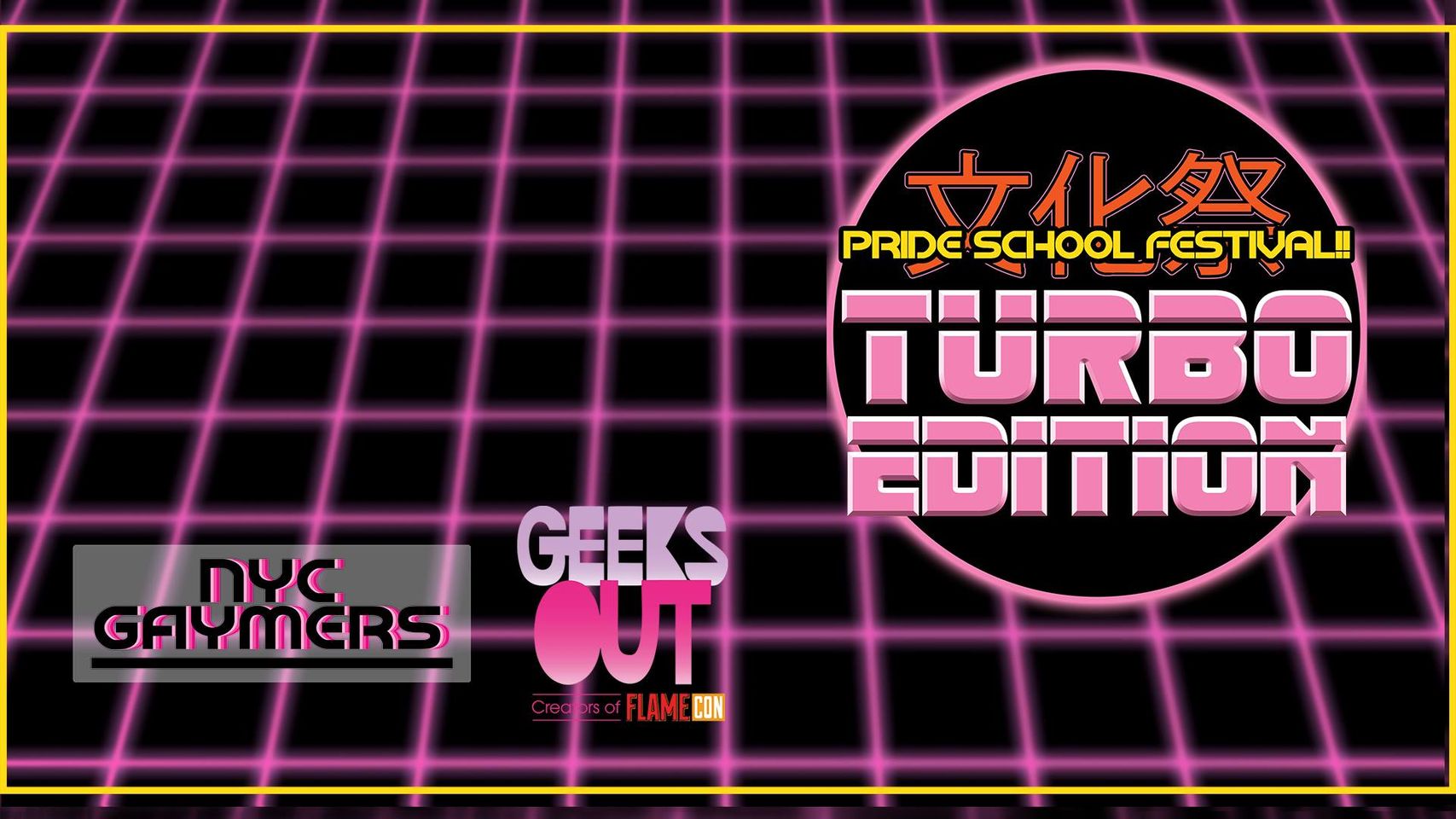
by Kevin Gilligan | Jun 22, 2021 | Podcast
https://geeksoutpodcast.libsyn.com/geeks-out-podcast-nycgaymers-pride-school-special In this special extended edition of the Geeks OUT Podcast taped live during the NYCGaymer’s Pride School Festival, Kevin is joined by Raffy Regulus, as they talk about the...
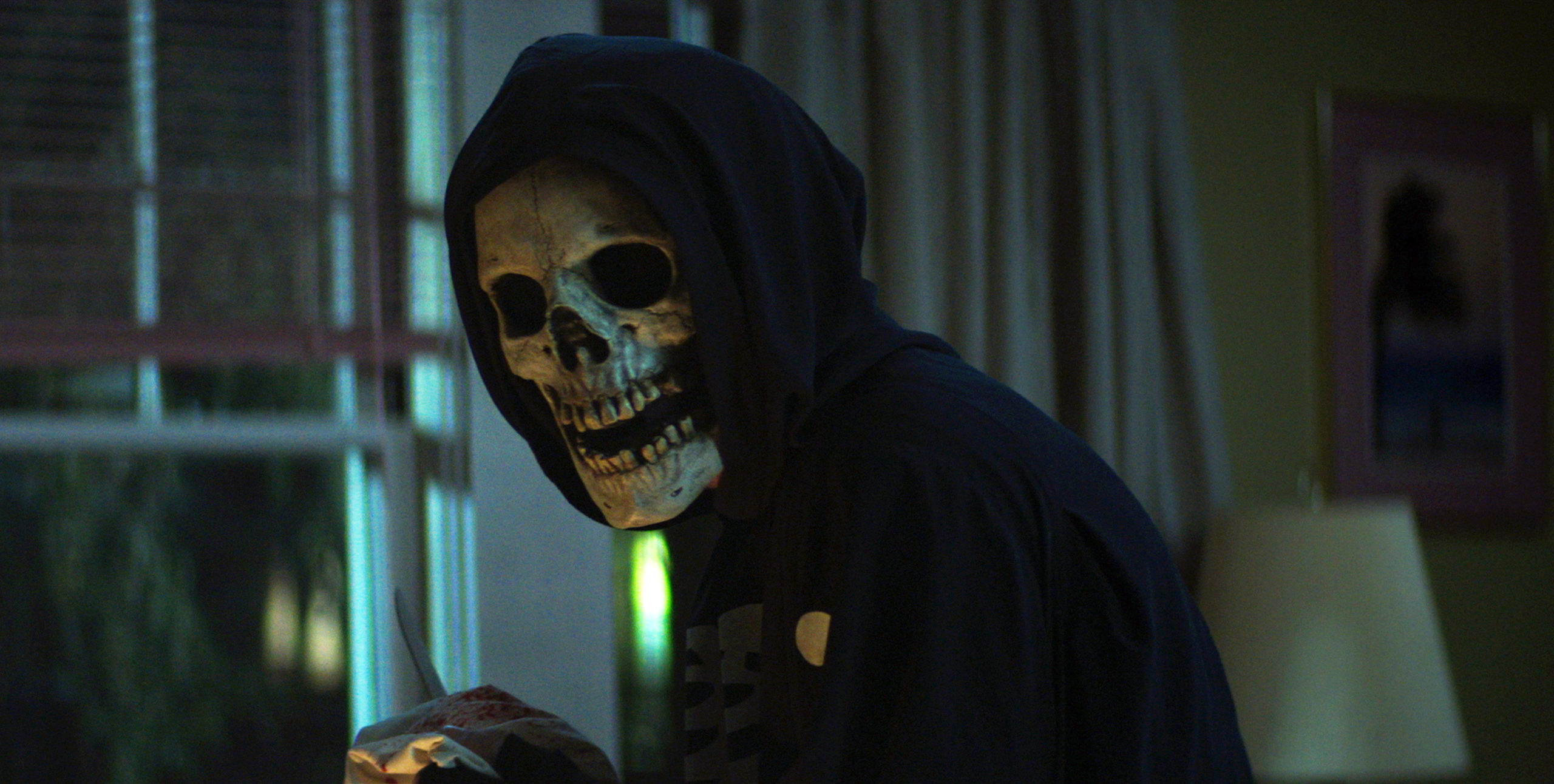
by Joe Corallo | Jun 18, 2021 | Blog
Three movies, three weeks, three times the scares! Make this the MUST-SEE movie event of July aka “the summer of FEAR”. Be among the first to have a chance to see the “Must-See Movie Event of July!” Geeks OUT has been given the opportunity to offer 100 screening...
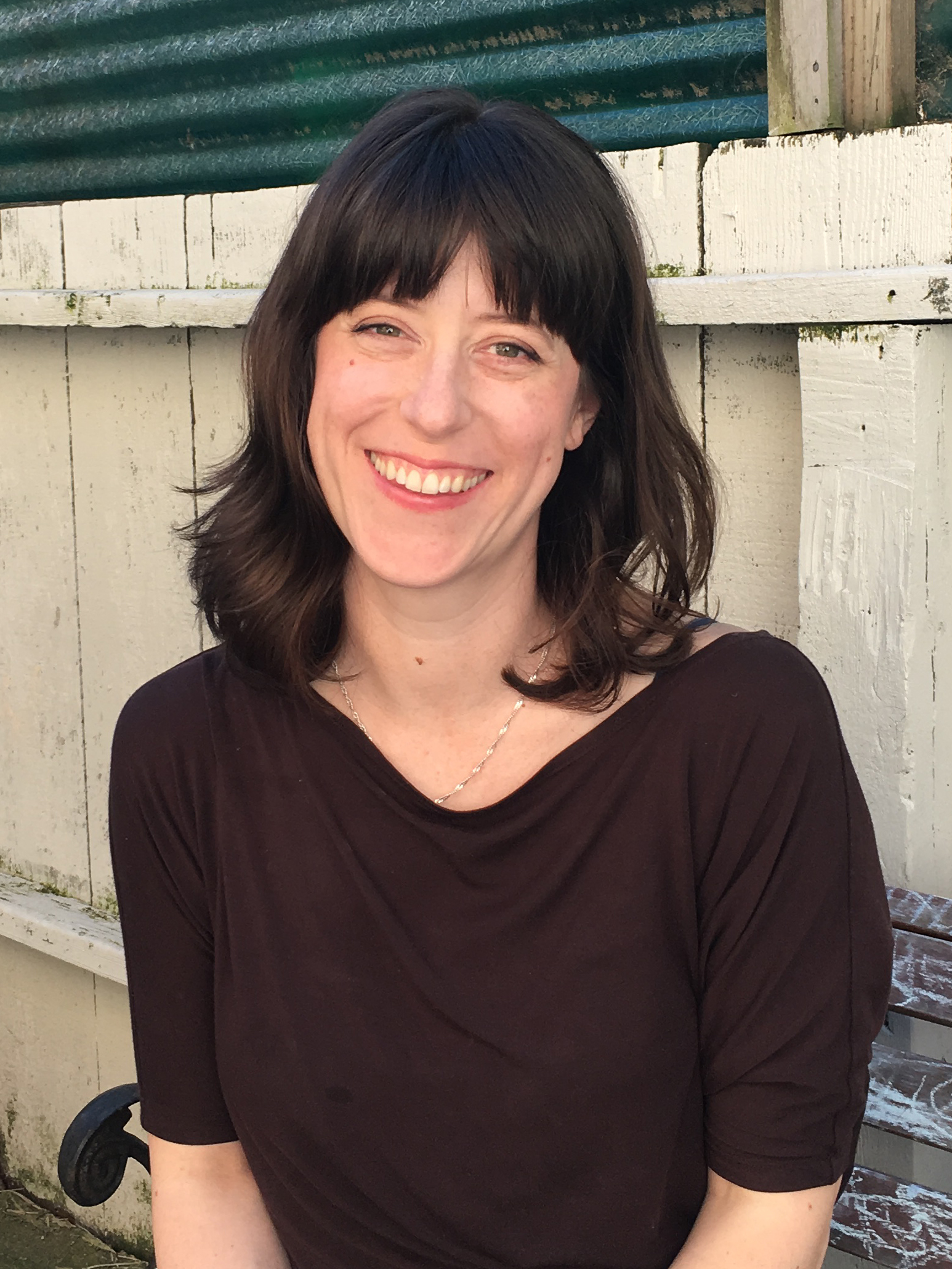
by Michele Kirichanskaya | Jun 18, 2021 | Blog
Sophia Glock is a cartoonist who lives and draws in Austin, Texas. She attended the College of William & Mary and the School of Visual Arts. Her work has been featured in the New Yorker, Buzzfeed, and Time Out New York. Her latest book, Passport, is currently...
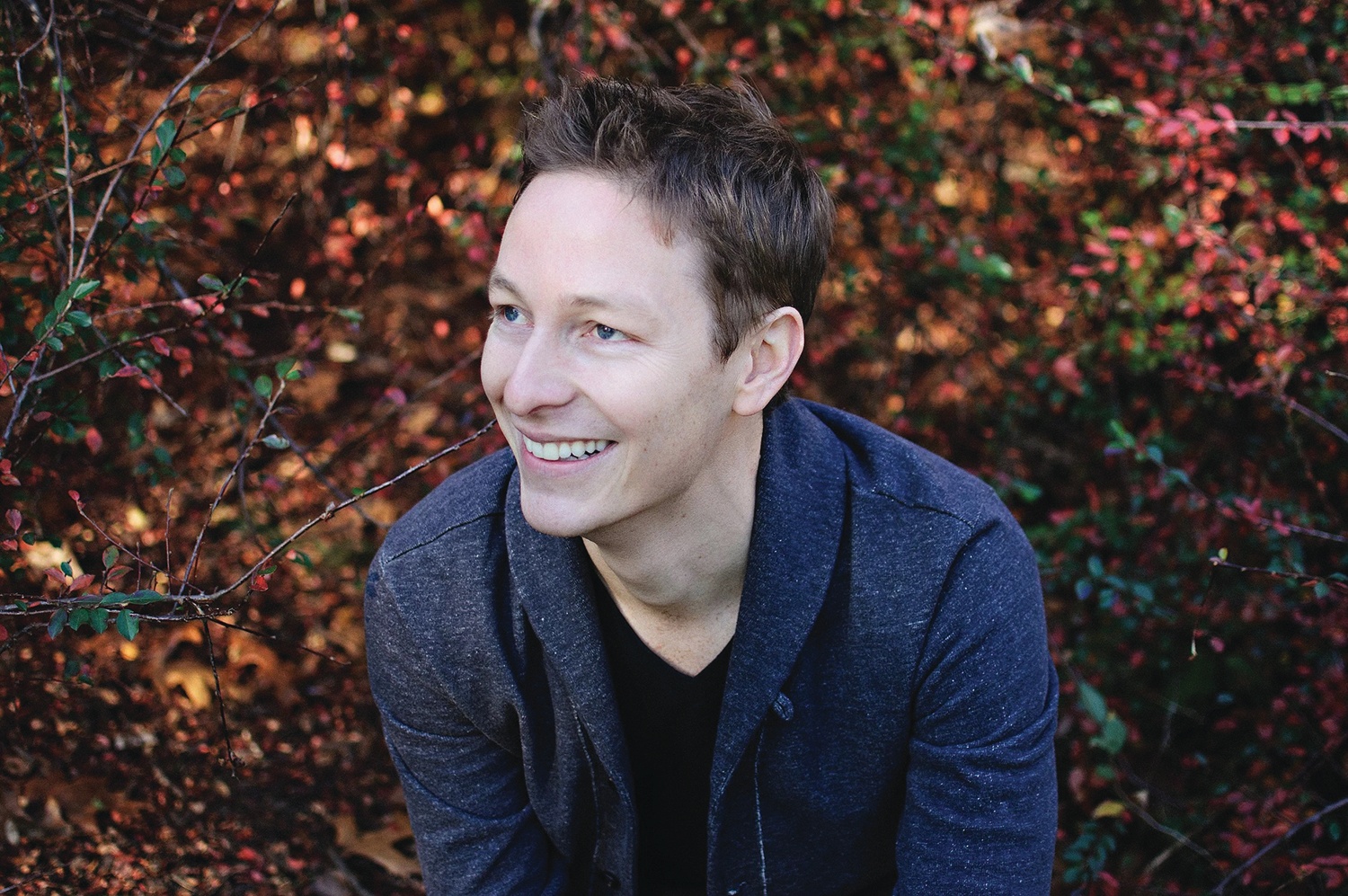
by Michele Kirichanskaya | Jun 17, 2021 | Blog
Eliot Schrefer is a New York Times bestselling author, has twice been a finalist for the National Book Award in Young People’s Literature, and has won the Green Earth Book Award and the Sigurd F. Olson Nature Writing Award for Children’s Literature. His...
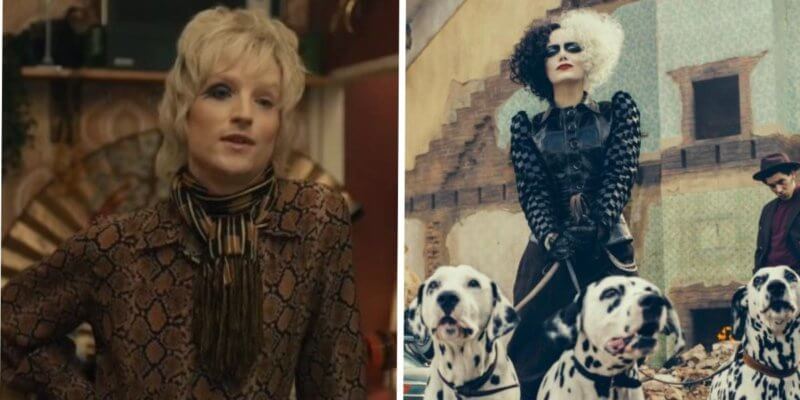
by Kevin Gilligan | Jun 15, 2021 | Podcast
https://geeksoutpodcast.libsyn.com/geeks-out-podcast-be-gay-do-fashion-crimes In this week’s super-sized return of the Geeks OUT Podcast, Kevin is joined by Tea Berry-Blue, as they discuss Cruella and it’s potential sequel, get excited for an Okoye series...






